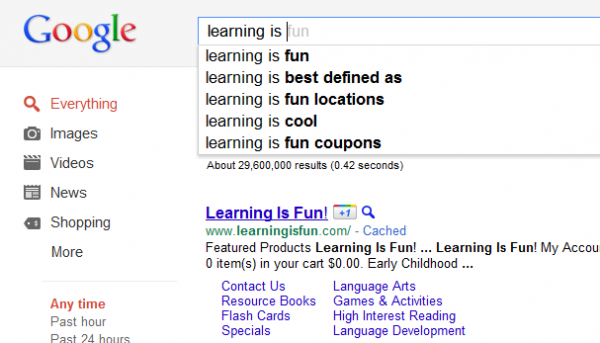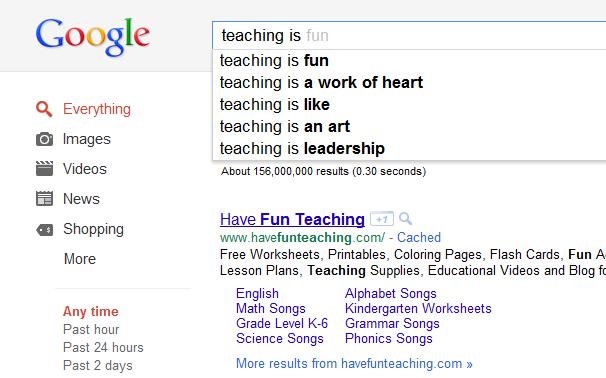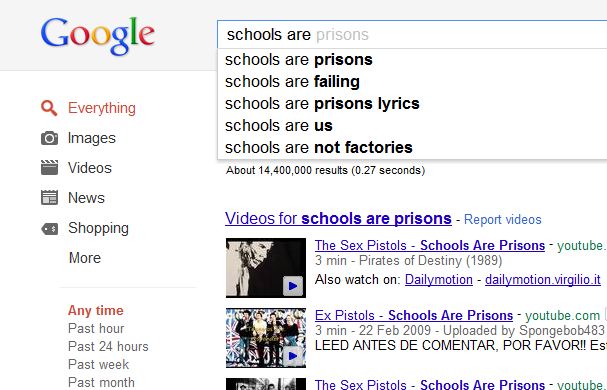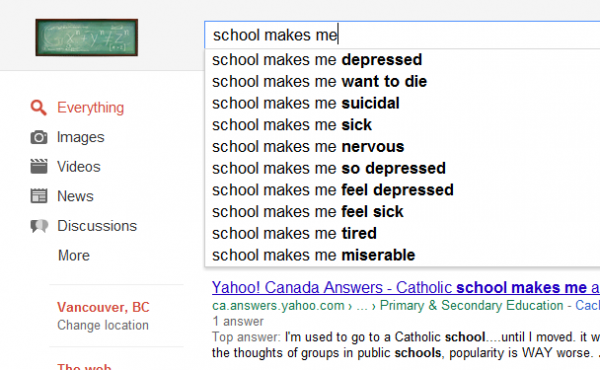I read a great post this morning from Mary Beth Hertz ( @mbteach ) where she shares her insight on her problem with the KIPP and Mastery charter schools. In her article she says:
OK, I get it. KIPP works, Mastery works. But are they really offering the choices they claim they offer to students and families in Philadelphia? If they’re so similar, what’s the choice there? ~ Mary Beth Hertz
The problem is, when you only use one way to judge the success of a school (external test scores), you prevent real innovation from happening. Every school starts to look more similar rather than having freedom to try out different solutions to the "education problem", because each school has to turn out the same product. There are only so many ways you can produce kids when you have single measure of the quality of their education.
In a true market approach to schools, you would let the market decide what accountability measures the consumers want. Since this seems so obvious to me, it is clear that the reformers pushing standardized tests as the only effective measures of schools do not actually want a free market approach to schooling. In fact, the very notion that we should think of kids as being products produced by a factory-like system is nauseating to me.
This problem is exasperated by the fact that in almost all school districts in Canada (and the US, UK, and Australia), the curriculum the kids are expected to cover looks exactly the same. Again, if you want schools to have the freedom to experiment with different models of education, standardizing the curriculum means they have much less choice on what they offer.
At my school we are fortunate. For our 11th and 12th grades, our students are essentially exempt from covering the British Columbia curriculum. We’ve gotten this waiver because we use the International Baccalaureate curriculum, and the BC Ministry of Education presumably considers this curriculum rigorous enough. We do have a couple of requirements from the BC Ministry for our students, but these are easily covered through our program.
In British Columbia overall, we actually have a tremendous amount of choice for our students. When we were looking around for schools for my son, we found Montessori schools, democratic schools, unschools, fine arts schools, and lots of other types of schools, which are all publicly funded.
When organizations like the Fraser Institute started ranking schools by their standardized test scores, and then further suggest that teachers should be judged by these same scores, and then in the same breath recommend school choice, you have to start wondering what their real aim is.
Standardized curriculum, and standardized testing are the antidote to school choice, not the solution.



